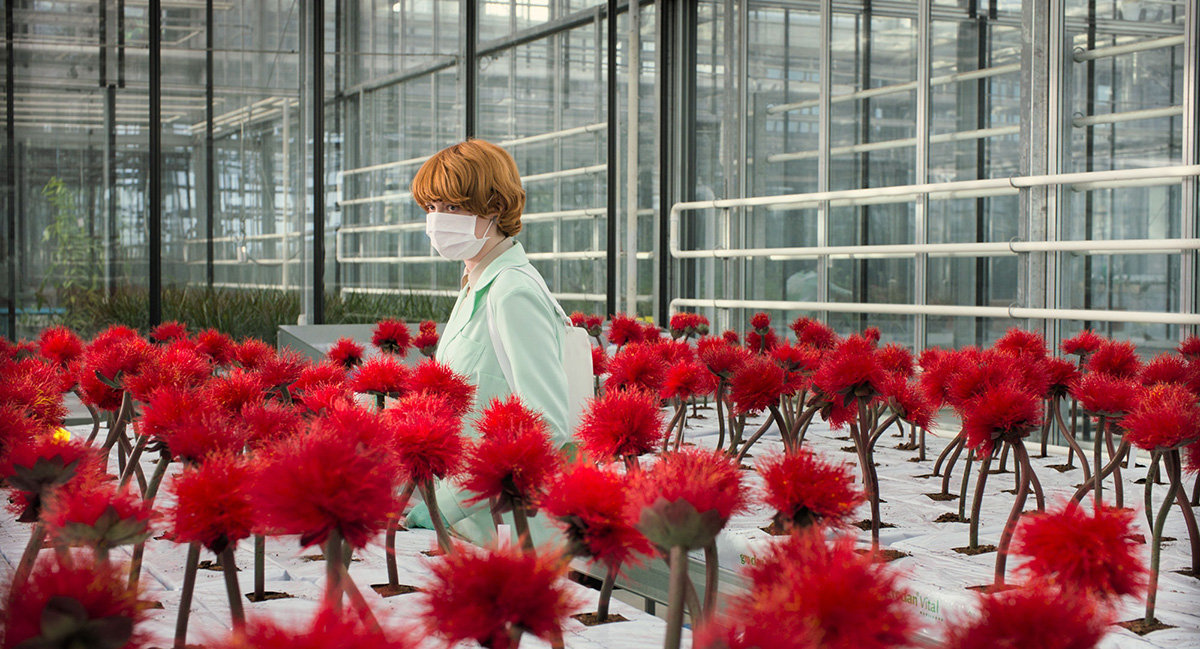Richard Fleischer, 1973, USA, 97’, VO with Spanish subtitles
Loosely based on the science fiction novel Make Room! Make Room! by Harry Harrison, Fleischer’s film depicts a dystopian future set in New York in 2022 when the climate emergency and overpopulation have led to shortages in natural resources and have left humankind on the verge of extinction. The rich still manage to live comfortably while the poor eat a highly processed food stuff called soylent green. A police detective has to investigate the murder of one of the board members of the corporation that produces soylent green
